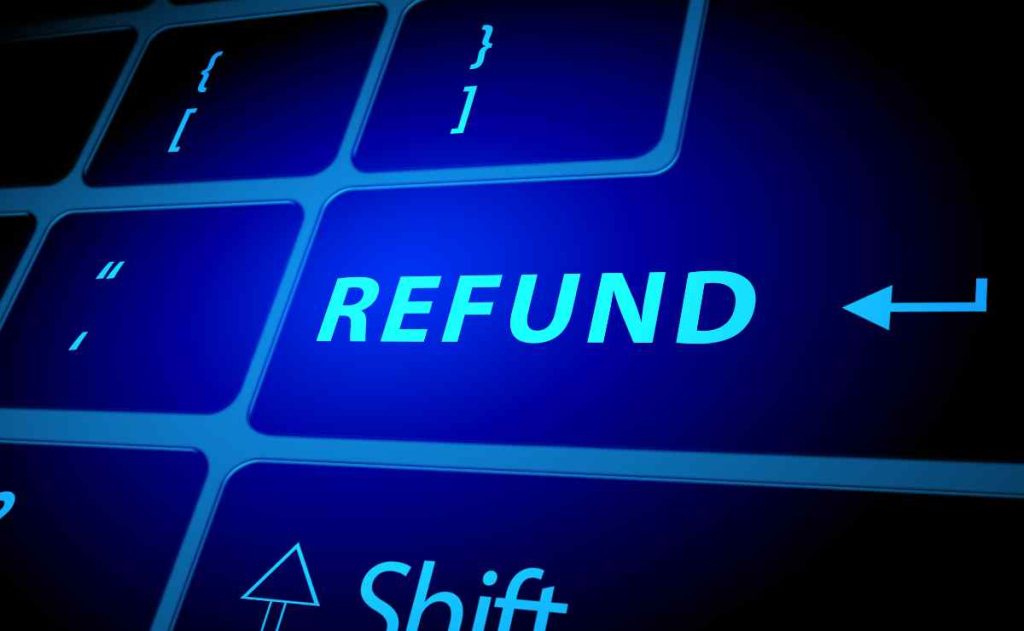The IRS commenced accepting tax returns on Monday 29, initiating the 2024 tax season with a commitment to enhancing service for taxpayers. Among the primary inquiries for most filers are whether they anticipate a larger tax refund and the duration until the IRS disburses their funds.
According to a recent study , over half of Americans intend to file their taxes early this year to expedite receipt of their refund. Last year’s average refund check neared $3,200, typically constituting a family’s most substantial payment of the year.
When does the 2024 tax filing season begin?
A paramount concern for taxpayers revolves around the timing of their tax refund, exacerbated during the pandemic when IRS backlogs led to delays for millions. However, this tax season, the IRS leverages billions in new funding from the Inflation Reduction Act, enabling the recruitment of additional customer service representatives and enhancements to services like “Where’s My Refund?”
Mark Steber, chief tax information officer at Jackson Hewitt, emphasized, “The earlier you file, the earlier you get your money,” highlighting various advantages to filing promptly. Among these benefits is safeguarding personal data from fraudulent exploitation, as some scammers aim to file early using stolen Social Security and employment information to claim refunds ahead of legitimate filers.
The IRS commenced accepting tax returns on January 29 and will continue to do so until April 15. Residents of Maine and Massachusetts have until April 17 to file their taxes due to state holidays. Additionally, individuals residing in federally declared disaster areas may receive extensions for filing.
If you require additional time, you have the option to request a filing extension, granting you until mid-October to submit your tax returns.
When can taxpayers expect IRS refunds in 2024?
According to the IRS, the majority of taxpayers typically receive their refunds within 21 days. For instance, if you file your taxes on January 29, the earliest available date, you can anticipate receiving your tax refund by February 19. However, it’s essential to recognize that this timeline serves as a guideline rather than a guarantee. The IRS cautions that certain returns may necessitate additional review, potentially extending the processing period beyond 21 days.
Furthermore, it’s worth noting that the 21-day turnaround specifically pertains to individuals who file their taxes electronically. Paper returns may require significantly more time for processing by the IRS.
Is it possible to track the status of my tax refund?
The most effective method for checking the status of your refund is by visiting the “Where’s My Refund?” tool online at IRS.gov or through the IRS2Go app. Recently, the IRS announced enhancements to the “Where’s My Refund?” tool, providing taxpayers with more comprehensive information about their refunds. Instead of the standard message indicating that returns are being processed and to check back later, taxpayers will now have access to details such as whether the IRS requires additional information from them, among other pertinent information, for the current tax season.
Currently, there’s an agreement in place to broaden the Child Tax Credit (CTC), with potential retroactive adjustments slated for 2023—the tax year currently under filing. This agreement has the potential to offer increased refund amounts to millions of parents.
Is it wise to delay filing taxes because of the Child Tax Credit?
According to tax experts, waiting to file taxes in anticipation of Congress approving a more generous Child Tax Credit isn’t advisable. Steber noted that if the expanded CTC is enacted and retroactively applies to 2023, the IRS will likely issue a supplementary payment to cover the disparity. However, he cautioned that the impact of the CTC adjustment on your tax refund might be minimal—only a few hundred dollars—making it unworthy of delaying receipt of your tax refund, which is likely to be substantially larger.
The IRS has modified its tax brackets to accommodate inflation for both 2023 and 2024. In 2023, the tax brackets were increased by approximately 7% to address the significant inflation observed last year. To view these brackets, click here. Similarly, for 2024, the IRS has adjusted its tax brackets upwards, raising the thresholds by around 5.4% compared to the previous year.
Can I expect a larger tax refund in 2024?
Some individuals may indeed see larger refunds this year, with certain taxpayers potentially receiving up to 10% more than the previous year. Those likely to receive larger refunds are primarily workers whose incomes did not keep pace with inflation. For example, if your earnings increased by 4% last year, falling short of the IRS’s 7% adjustment to tax brackets, the disparity could lead to a larger refund.
Credit Karma’s findings reveal that approximately three-quarters of Americans anticipate receiving a tax refund this year, while about a quarter believe they will receive a larger sum from the IRS in their checks.
